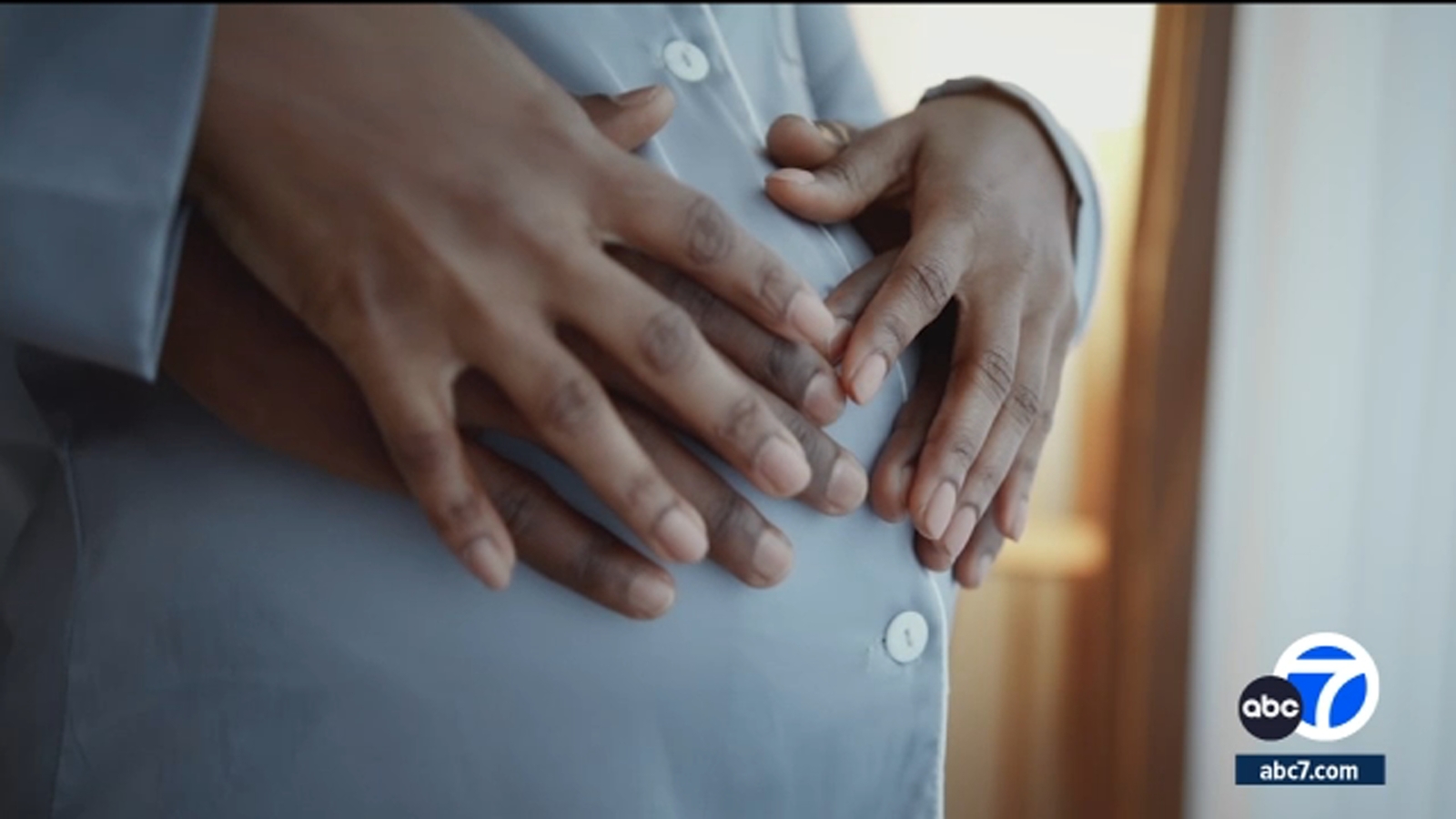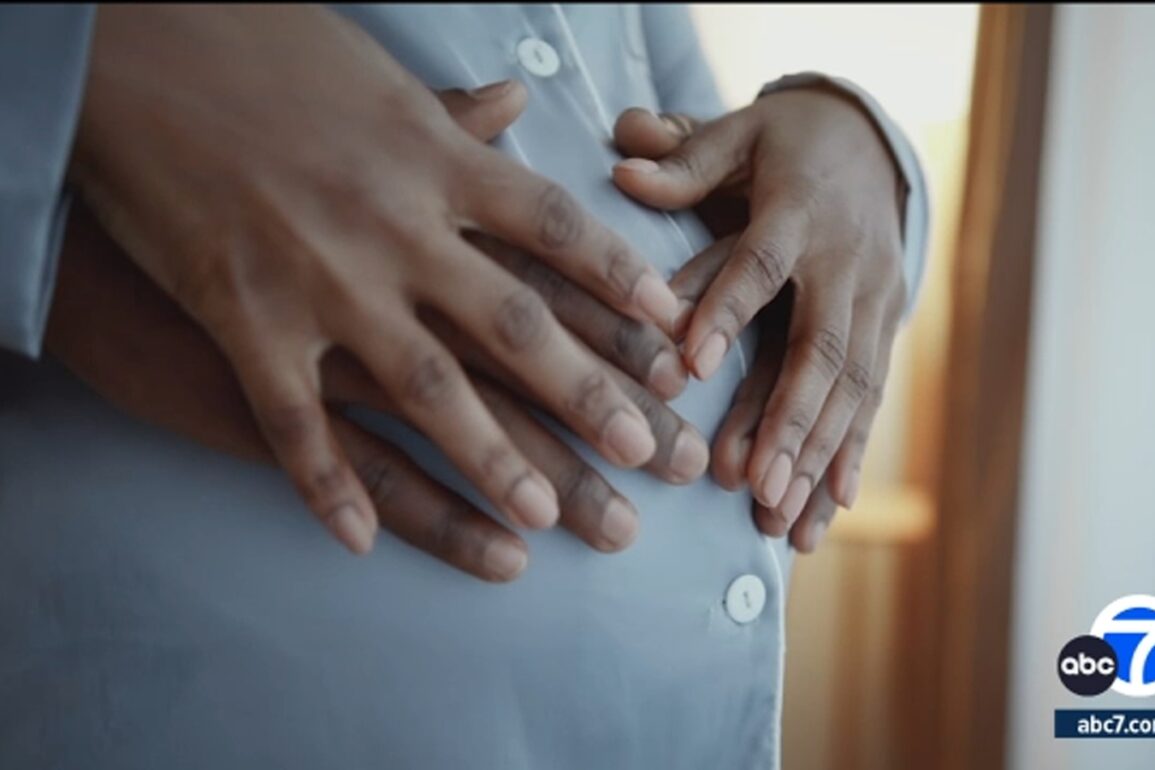
LOS ANGELES (KABC) — The racial disparities in maternal death rates are significant, with Black women suffering from the highest fatalities and complications.
During Black Maternal Health Week, ABC is taking a closer look at the challenges faced by Black women who are expecting a child.
One local mom and her doctor talked about what it takes to overcome obstacles.
Six-month-old George the 5th is loud and active now, but when Kim Haley of Inglewood was pregnant with him, she heard news that deeply concerned her.
“He’s not moving as much as we would like, and no mom wants to hear that,” she said.
The high rates of black maternal mortality and stillbirths came rushing to her mind.
“It’s always that concern of, am I gonna still be alive at the end of this? Am I going to be able to take my baby home with me?” Haley said.
“We can’t refute that we African American women have a three to four times increased risk of maternal death,” said OB-GYN Dr. La Tanya Hines practices in West Los Angeles and the Crenshaw District. She adds Black women face conditions, such as high blood pressure and gestational diabetes more often than their white peers. Social determinants of health play a strong role.
“Where you live. Where you work. Who you marry? What kind of job do you have? What kind of health literacy do you have?,” said Hines.
But a recent study found issues of racism and bias persist in healthcare, even the highest-income Black women had maternal death rates similar to low income white women.
“There is something different about being African American. You unfortunately are in a category that somehow increases your risk for an outcome that you don’t expect,” she said.
Mental health conditions such as depression are the leading cause of pregnancy-related deaths. Twenty percent of mothers experience these conditions, and rates among Black women are nearly twice as high.
Up to half don’t receive any support or treatment.
Social media heightened Haley’s anxiety.
“The stories that I was seeing online, it definitely catapulted my anxiety and stress to a level it did not need to be,” she said.
She said be careful about what you read during pregnancy. Haley believes Black women need to be strong advocates for themselves, but finding a doctor you trust is key.
“Handpick a care team that is in alignment with what you want your pregnancy experience and your birthing experience to be. I found that here with Dr. Hines,” she said.
“Showing up with good questions. And making sure the relationship that you have with your provider is such that you can talk about things that are concerning you,” Hines said.
That’s what Haley did, and both her pregnancies ended in healthy outcomes.
Copyright © 2024 KABC Television, LLC. All rights reserved.



